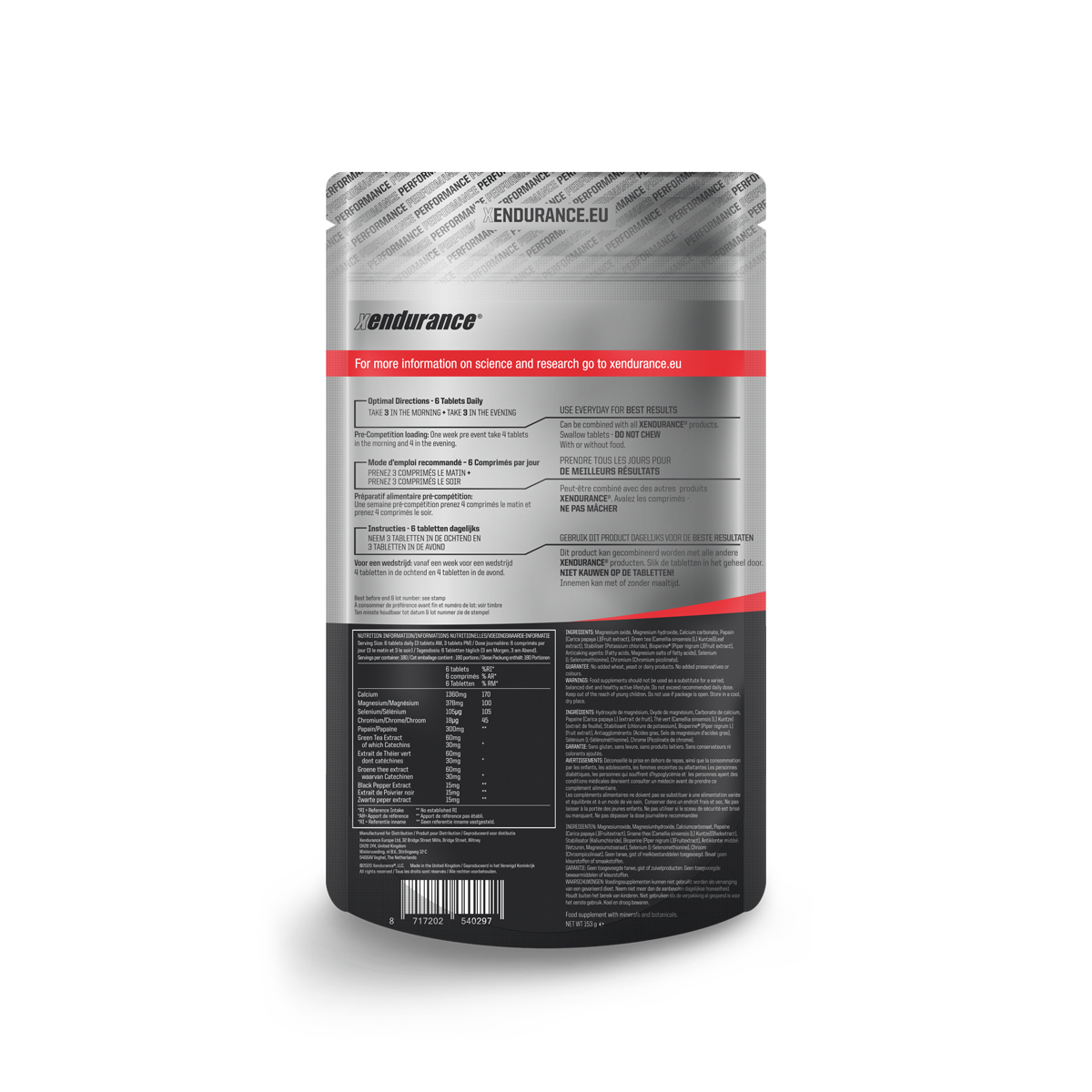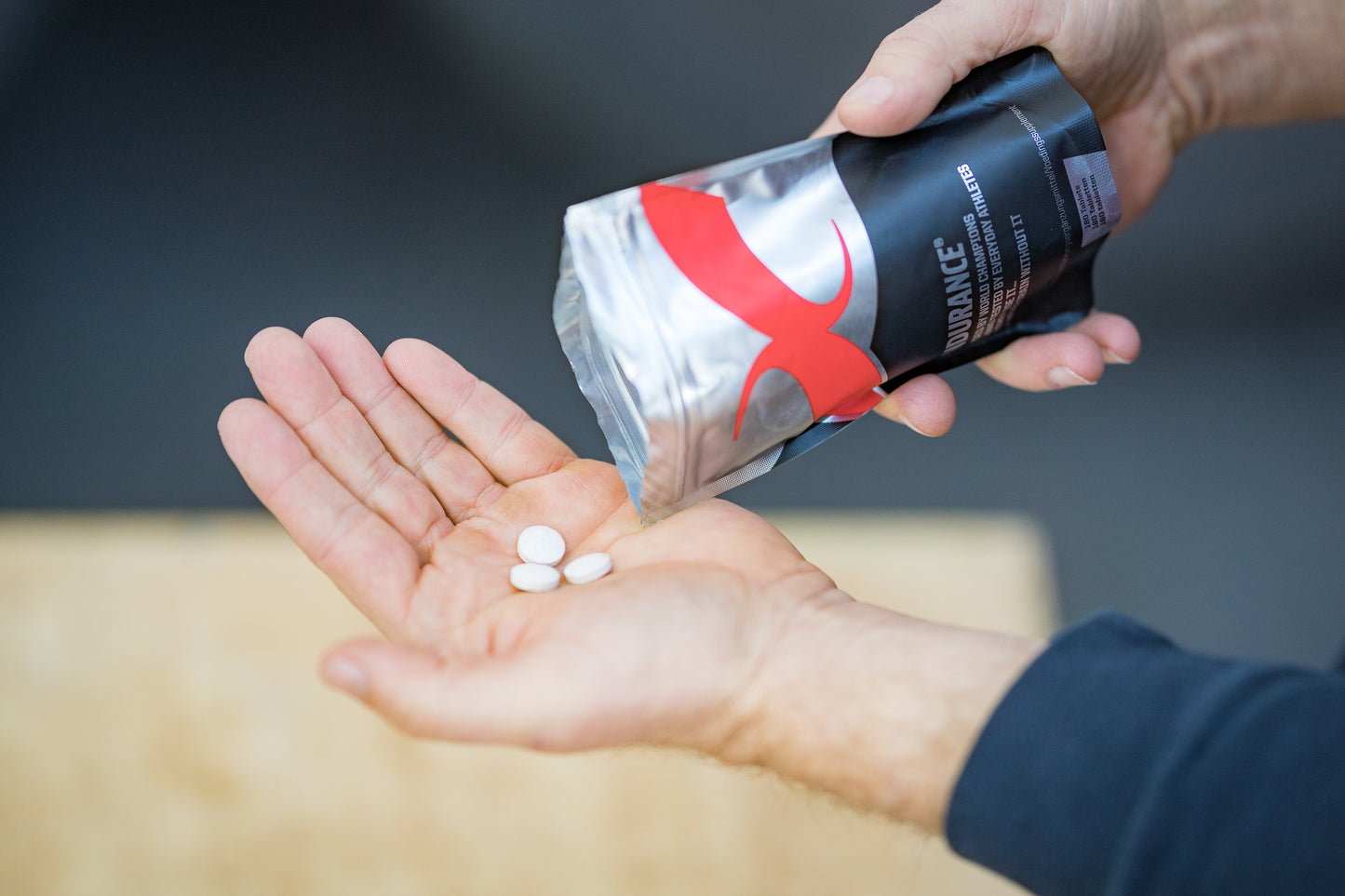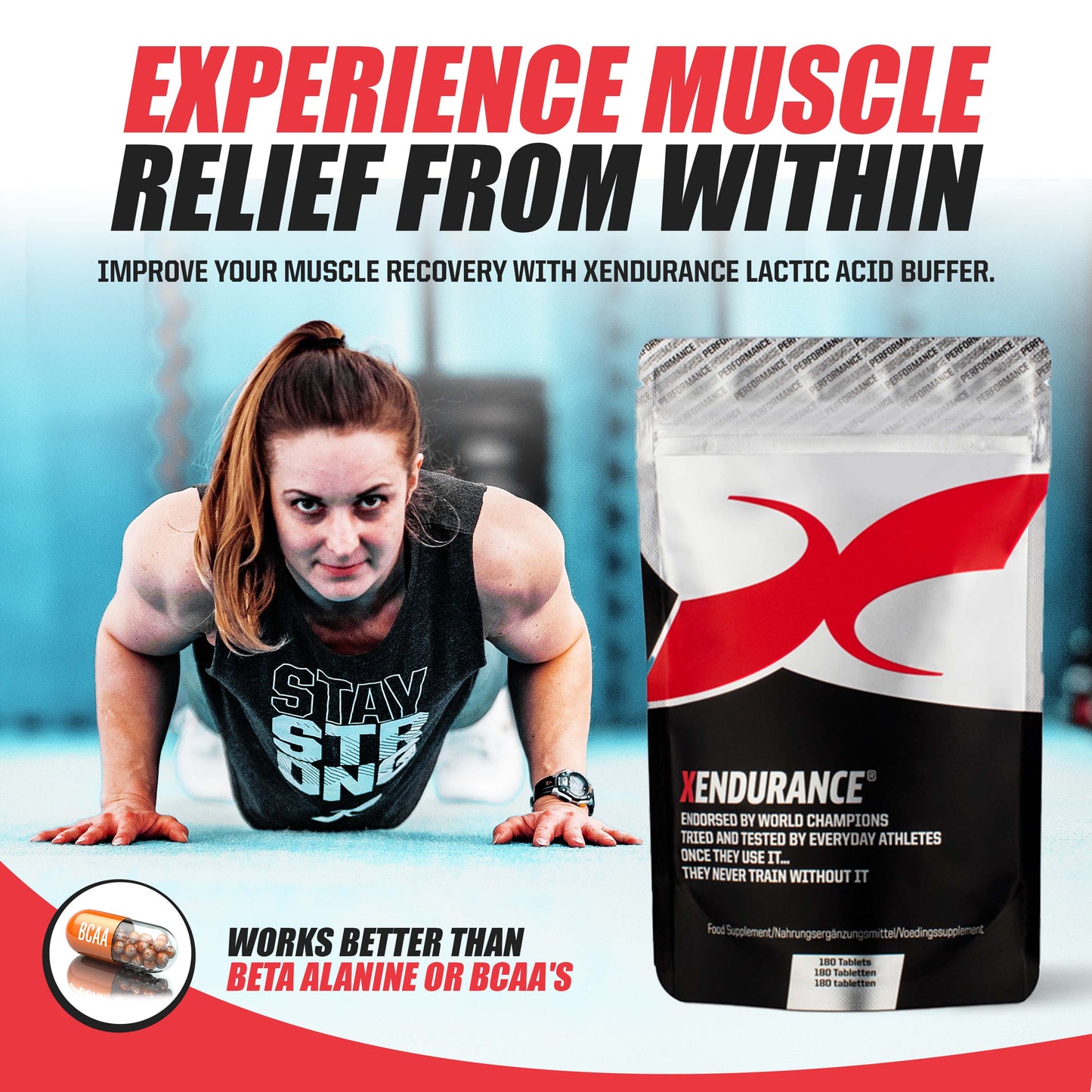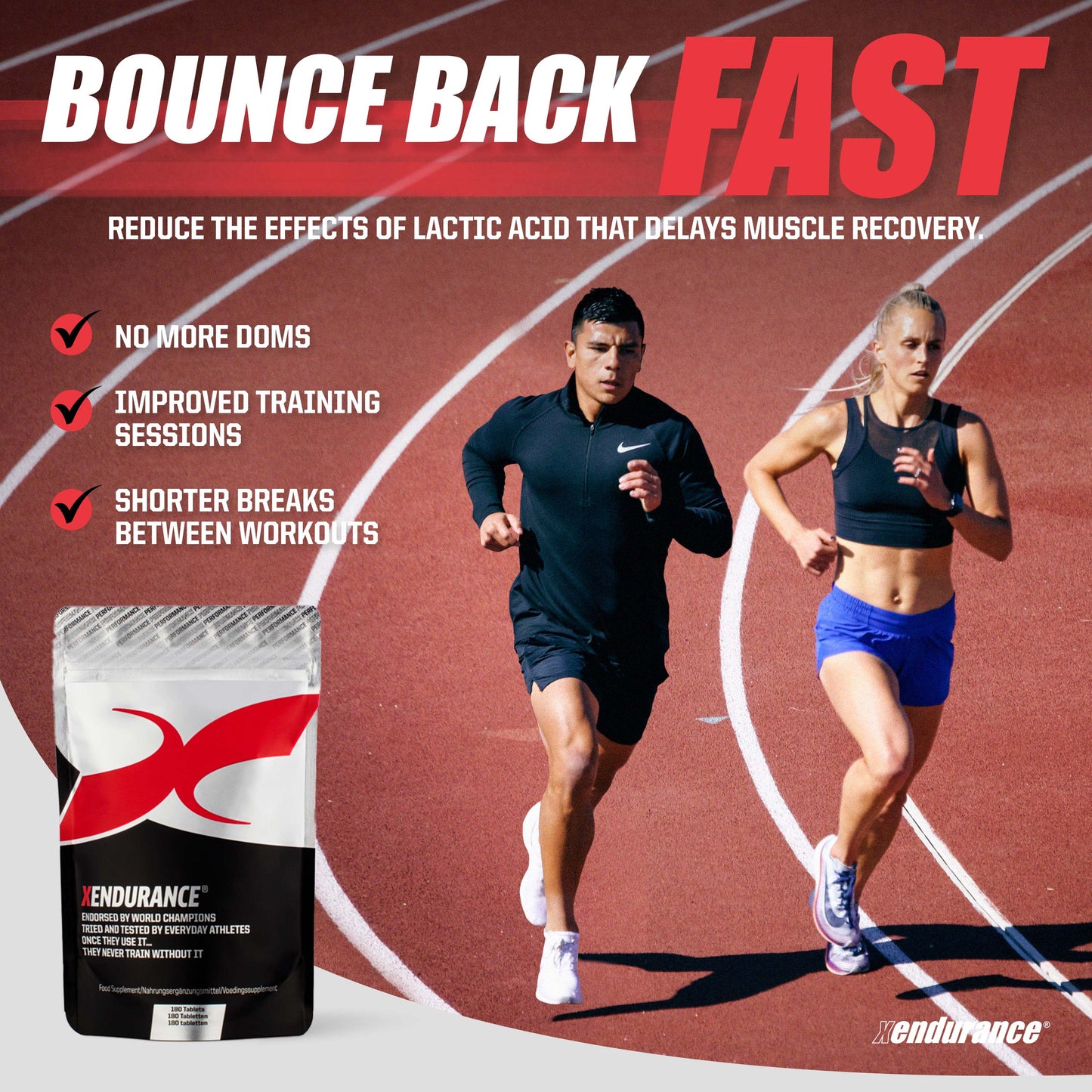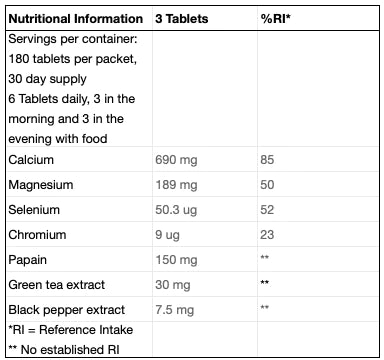Chances are you've probably heard about creatine at some point. Creatine is the most extensively researched supplement in the world, with consistently positive results and low risks. But what exactly is it, and why should you take it?
Creatine is created naturally in the body; it is an organic non-protein compound that is used to create ATP. ATP is the body's prefered choice for energy production; if you perform a short duration, high intensity movement such as a max lift, you will almost exclusively be using ATP. After about 20 seconds, we then switch to the ATP-PC energy system, that also relies on creatine to help to re-synthesise ATP. Therefore creatine has a very important role to play in creating energy.
Benefits of creatine supplementation
Creatine has been repeatedly proven to enhance muscle size and output, such in this study. There is extensive literature on it's effectiveness in strength based exercise, however there are some lesser known benefits to supplementing creatine.
Due to creatine's ability to boost glycogen stores in the body, it has been shown to benefit aerobic capacity. During a typical carb loading phase, adding in creatine has been shown to increase glycogen by 53% as shown in this study. In a wider health context, creatine has been shown to have a positive impact on glucose control, insulin sensitivity and cardiovascular health, as demonstrated here. Even amongst non-diabetics, creatine supplementation improved insulin response and blood sugar regulation. It has also been linked to reductions in oxidative stress.
How to take creatine
Sometimes people report feeling bloated when using creatine, however this is often down to the quality of creatine monohydrate used. Xendurance creatine uses only the highest quality monohydrate, meaning there aren't the impurities that can often lead to bloating.
We recommend taking one scoop of creatine (8g) every day (including rest days), with a large glass of water. Avoid taking creatine with caffeine as that can negate the effects. There is also some research that suggests taking creatine around training can help to maximise it's effect, so either take it before or after your training session.




